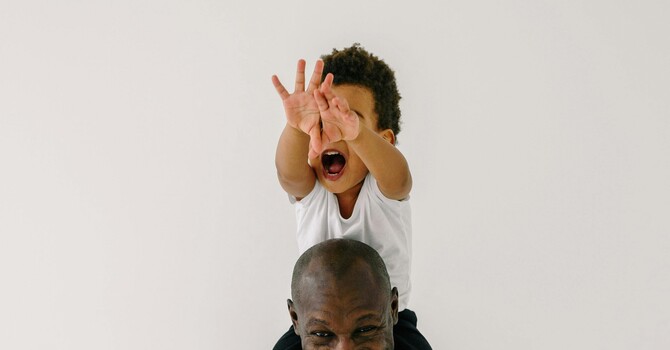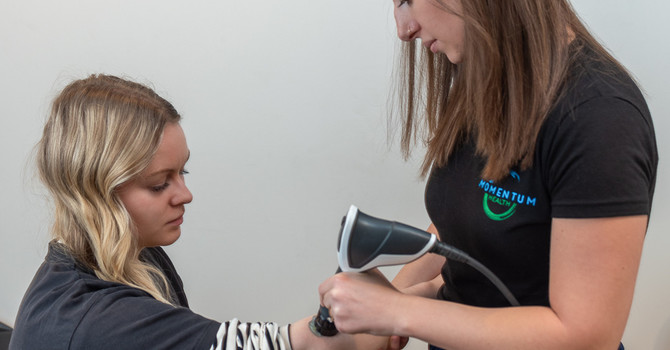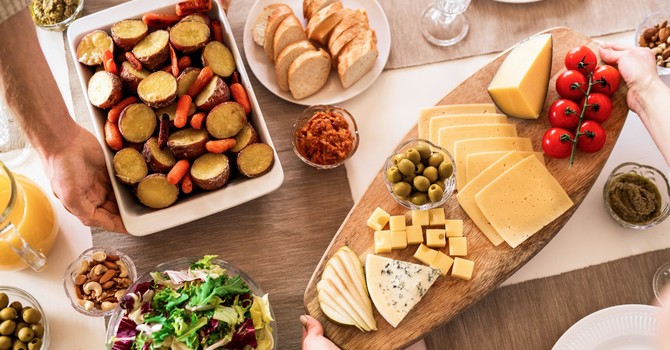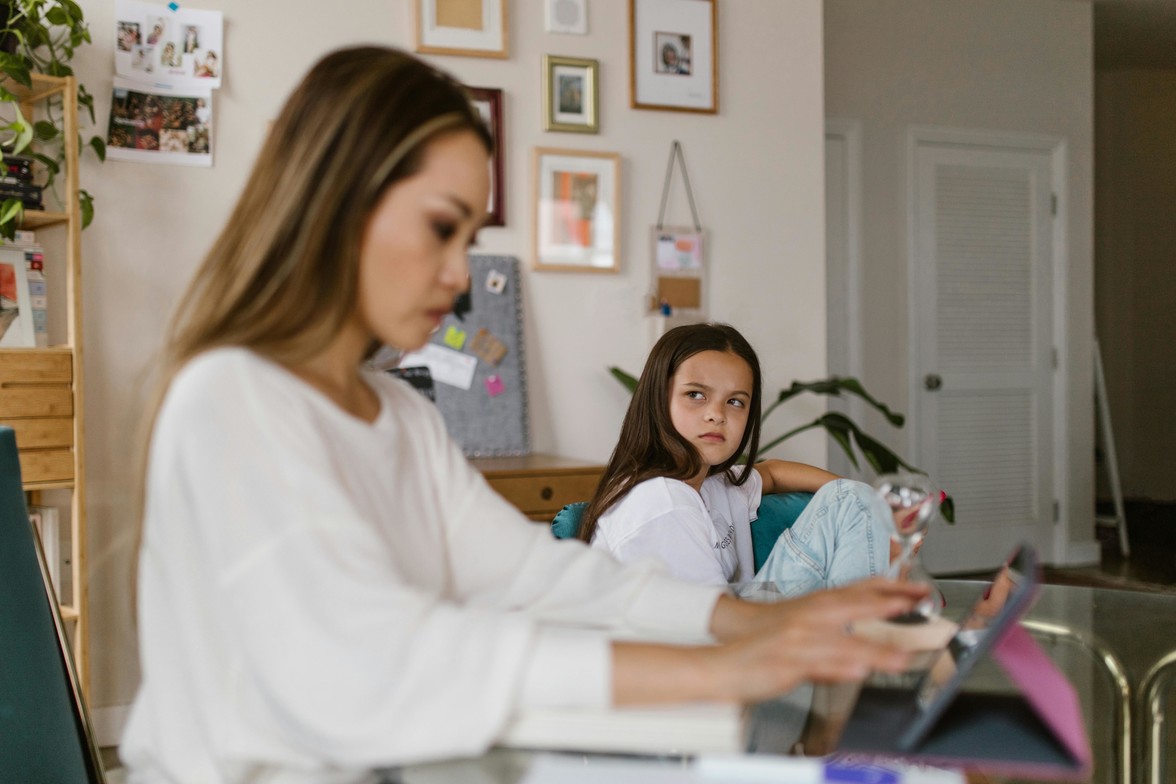
Every parent knows what big feelings look like. Sometimes it’s tears, sometimes yelling, slammed doors, or sudden quiet. It can feel overwhelming, especially when we’re trying to stay calm ourselves. The truth is, children aren’t built to handle strong emotions on their own. They learn how to regulate their emotions through parents and caregivers.
When kids are flooded with big feelings, their nervous systems are in overdrive. In these moments, logic, reasoning, and punishments don’t help. The thing is, children’s brains aren’t actually developed enough to control their own emotions. What they need most is a calm, steady presence to help them find their footing. This is what we call co-regulation. By staying grounded and present (as hard as that can be sometimes!), their stressed-out nervous systems are able to borrow from our own calm. Co-regulation with a caregiver is the foundation of self-regulation in children.
Connection is more powerful than correction
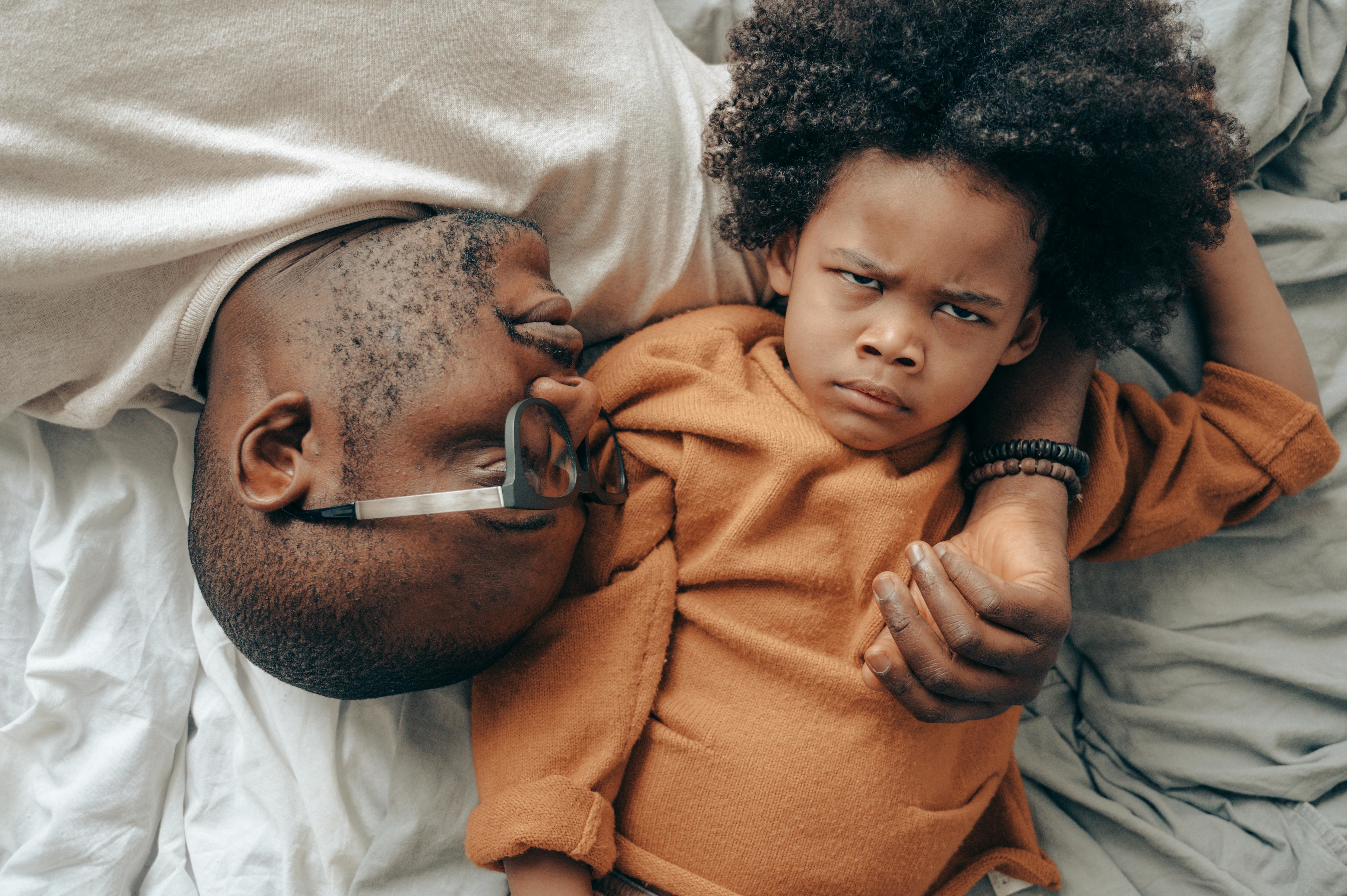
When emotions or tempers run high, it can be tempting to try to fix things, give the child a timeout, or reason them out of their big feelings. Often, the best support is simply staying close, offering a gentle tone or touch, and letting your child know they are safe, their big feelings are valid, and that you’ve got them. This presence teaches them that emotions, no matter how big, are not dangerous, that they are allowed to be felt, that they do not have to face them alone.
Calming Strategies
We love a good coping strategy and the time to teach them is when everyone is calm. A child’s brain can’t learn new information in the moment of a big feeling! After the moment has passed, take a minute to connect with them and talk about what happened. You might say, “That was a tough moment. Want to talk about what was going through your mind?” These conversations are not about punishment, but understanding, learning, and building confidence in their ability to handle difficult moments.
After debriefing your child’s experience, you can introduce a new coping or calming strategy. Here are a few options you could try:
Smell the Flower, Blow out the Candle
A fun way for your child to learn an effective breathing technique (and they’re more likely to remember this than “Breathe” in the moment!). Have your child pretend to smell their favourite flower in their hand to breathe in, then act as though they are blowing out a candle to breathe out. Another version of this could be Dinosaur Breaths - breathe in deep as you bring your arms up above your head, then breathe out as you ‘rawwwwr’ and stomp like a dinosaur to get those big feelings out!
Squeeze and Relax
Progressive muscle relaxation is a well-established way to help children recognize and release emotions-related tension in their bodies by guiding them to squeeze and relax all the muscle groups in their body. Make this fun by using kid-friendly imagery like pretending to squeeze a fruit in their hand or hiding their head in their turtle shell.
Funky Monkeys
Pretend to be funky monkeys with your child as they wiggle and shake their arms, legs, head, and body to shake out the extra energy they are carrying in their system. Bonus points if your child can manage to make a funny face while doing it!
Practice these strategies with your child as often as you can when they are calm, so it is easier to remember when big feelings come up. Provide extra learning by modelling these strategies in front of your child when you are feeling your own emotions.
In Conclusion
Big feelings are a normal part of growing up! And they are HARD to navigate as parents. But when we respond with calm, connection, and compassion, children learn that emotions are manageable. Co-regulation today becomes self-regulation tomorrow, and that is one of the most valuable gifts a parent can give.
If you and your family could use some extra support navigating big emotions, I would be happy to chat. You can book a complimentary consultation to explore ways to help your child and your family feel more balanced and connected.

